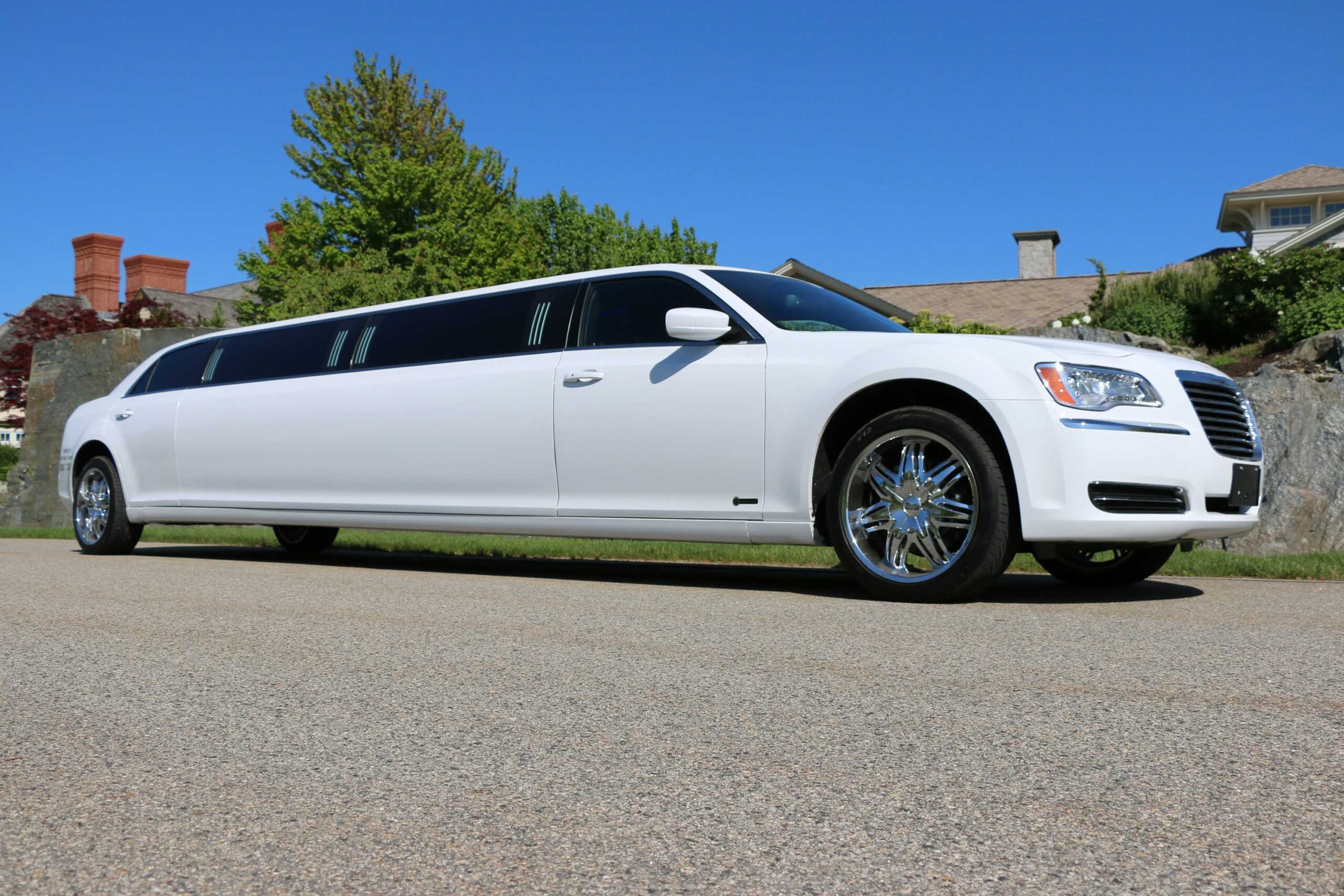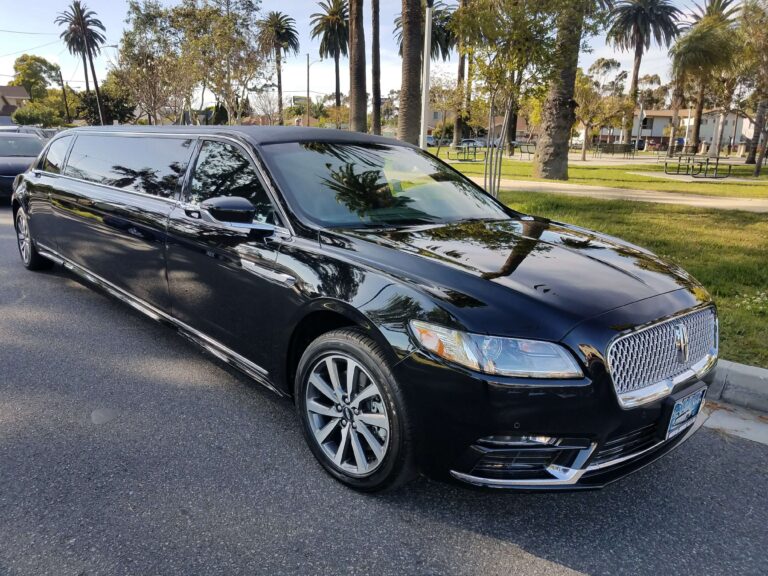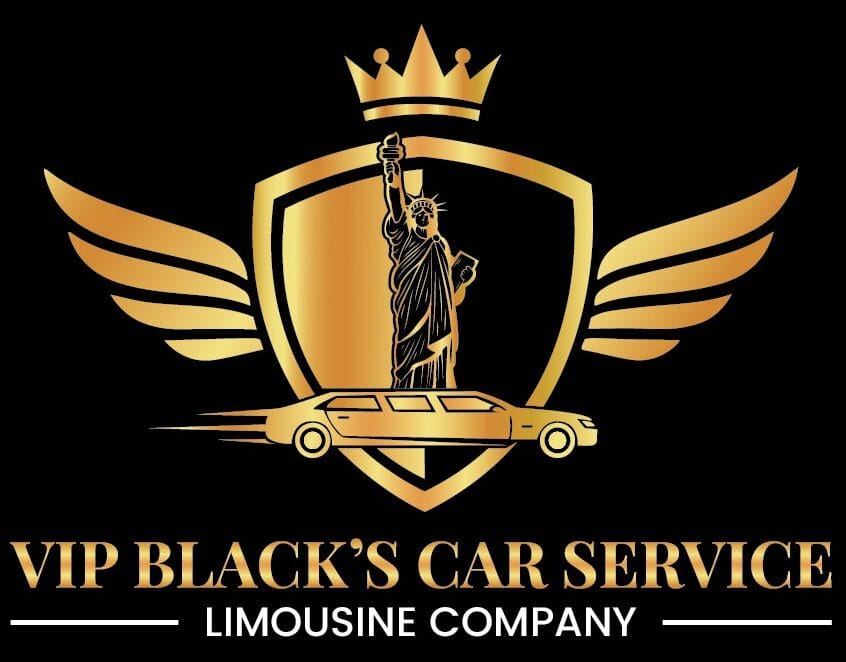Luxury Vans and Cars
- First-Class Car Service
CT Limo & Car Service
VIP Black’s Car Service is your trusted choice for luxury transportation in Connecticut, available 24/7. Whether you’re catching an early flight, heading out for a night on the town, or traveling to an important meeting, we make sure every ride is smooth, reliable, and stress-free. Our focus is on comfort, punctuality, and style, so you can relax while we handle the road. We’ve proudly served clients across Connecticut and the New York metro area for years, including Fairfield and New Haven Counties. Popular towns like Stamford, Norwalk, Westport, Greenwich, New Canaan, and Danbury rely on us for everything from quick local trips to airport transfers to JFK, LaGuardia, or Newark. Wherever you’re going, our service is designed to make travel easy and enjoyable.


Explore our impressive completed trip stats, showcasing satisfied customers who experienced luxury travel.
Happy Customers
Served Airports
Completed Trips
Years in Business
Luxury Transport
Enjoy superior airport transfers with luxury vans and cars, ensuring unmatched elegance.
Trained Drivers
Experience the professionalism of our drivers, guaranteeing a smooth, comfortable journey.
Timely Expedition
On-time journeys that prioritize your comfort and safety, with guaranteed premium service.
24/7 Help!
Dependable journeys with expert drivers, available anytime, every day and night.
VIP Black Car Services
Executive Limo rides from Connecticut to NYC
Traveling to NYC? VIP Black’s Car Service is here to make your journey effortless, reliable, and stress-free. Whether you’re heading into Manhattan for an important business meeting, catching a Broadway show, or enjoying a special night out, we provide dependable transportation from Connecticut straight into the heart of New York City. Our fleet of executive sedans, luxury SUVs, and limousine services ensures that every ride is smooth, professional, and perfectly suited for both corporate and personal travel.
